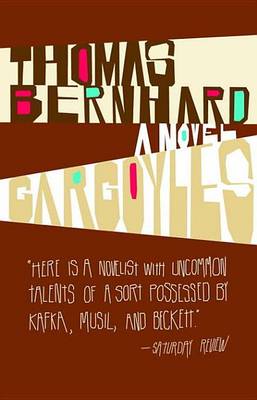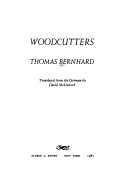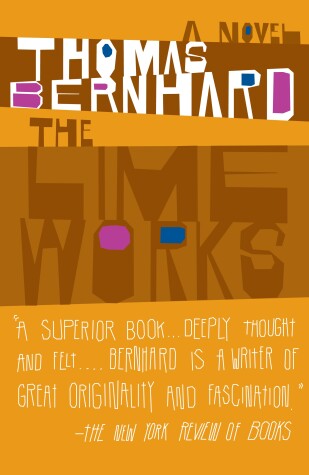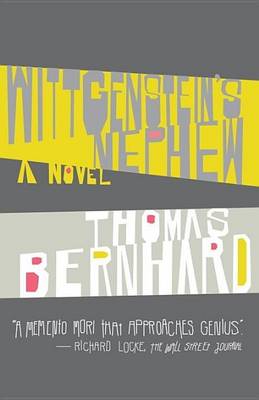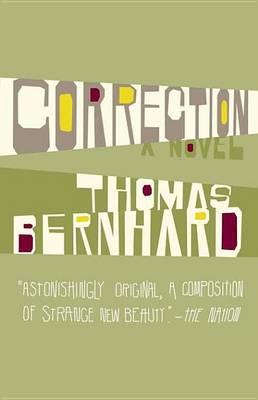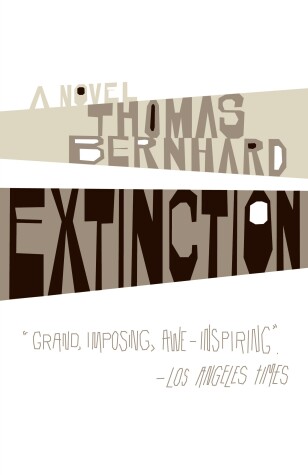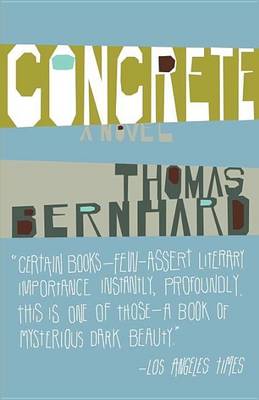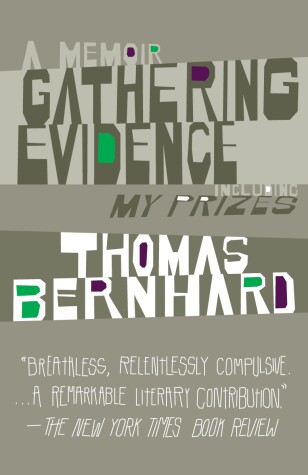Vintage International
9 total works
The playwright and novelist Thomas Bernhard was one of the most widely translated and admired writers of his generation, winner of the three most coveted literary prizes in Germany. Gargoyles, one of his earliest novels, is a singular, surreal study of the nature of humanity.
One morning a doctor and his son set out on daily rounds through the grim mountainous Austrian countryside. They observe the colorful characters they encounter—from an innkeeper whose wife has been murdered to a crippled musical prodigy kept in a cage—coping with physical misery, madness, and the brutality of the austere landscape. The parade of human grotesques culminates in a hundred-page monologue by an eccentric, paranoid prince, a relentlessly flowing cascade of words that is classic Bernhard.
A searing portrayal of Vienna’s bourgeoisie, it begins with the arrival of an unnamed writer at an ‘artistic dinner’ hosted by a composer and his society wife—a couple he once admired and has come to loathe. The guest of honor, a distinguished actor from the Burgtheater, is late. As the other guests wait impatiently, they are seen through the critical eye of the writer, who narrates a silent but frenzied tirade against these former friends, most of whom have been brought together by Joana, a woman they buried earlier that day. Reflections on Joana’s life and suicide are mixed with these denunciations until the famous actor arrives, bringing an explosive end to the evening that even the writer could not have seen coming.
Considered by many critics to be Thomas Bernhard’s masterpiece, Correction is a cunningly crafted and unforgettable meditation on the tension between the desire for perfection and the knowledge that it is unattainable.
Franz-Josef Murau—the intellectual black sheep of a powerful Austrian land-owning family—lives in Rome in self-imposed exile, surrounded by a coterie of artistic and intellectual friends. On returning from his sister’s wedding on the family estate of Wolfsegg, having resolved never to go home again, Murau receives a telegram informing him of the death of his parents and brother in a car crash. Not only must he now go back, he must do so as the master of Wolfsegg. And he must decide its fate. Written in the seamless, mesmerizing style for which Bernhard was
famous, Extinction is the ultimate proof of his extraordinary literary genius.
A brilliant and haunting tale of procrastination, failure, and despair, Concrete is a perfect example of why Thomas Bernhard is remembered as “one of the masters of contemporary European fiction” (George Steiner).
Born in 1931, the illegitimate child of an abandoned mother, Thomas Bernhard was brought up by an eccentric grandmother and an adored grandfather in right-wing, Catholic Austria. He ran away from home at age fifteen. Three years later, he contracted pneumonia and was placed in a hospital ward for the old and terminally ill, where he observed first-hand—and with unflinching acuity—the cruel nature of protracted suffering and death. From the age of twenty-one, everything he wrote was shaped by the urgency of a dying man’s testament—and where this account of his life ends, his art begins.
Included in this edition is My Prizes, a collection of Bernhard’s viciously funny and revelatory essays on his later literary life. Here is a portrait of the artist as a prize-winner: laconic, sardonic, shaking his head with biting amusement at the world and at himself.
